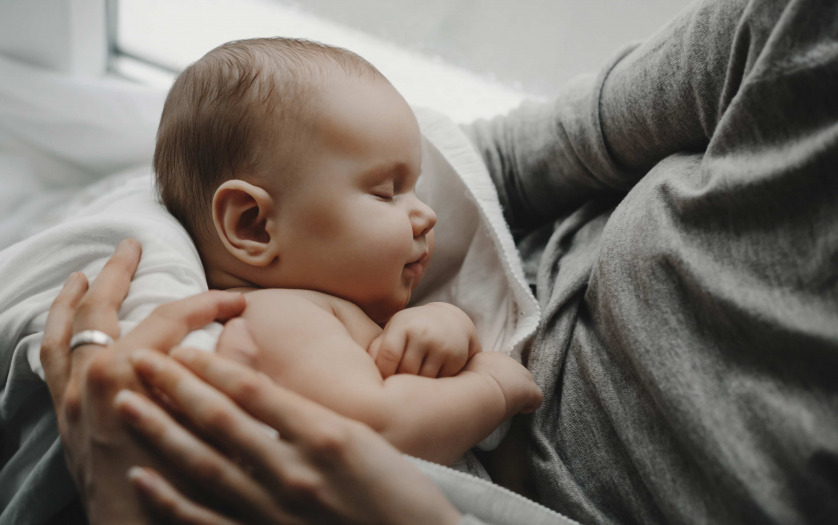
Newborns who did not pass their initial hearing screen but who later were found to have typical hearing had higher rates of Autism in five to 10 years, according to a study conducted by researchers with the University of Maine’s College of Education and Human Development.
The study looked at Early Hearing Detection and Intervention (EHDI) data for children born in Maine between 2003 and 2005, linking the data with education records, including special education status, for the 2010–11 and 2013–14 school years. Children who did not pass their newborn hearing test — the Automated Auditory Brainstem Response (AABR) — but who were later found to have normal hearing were at more than eight times more likely to be identified as having Autism when five to seven years old, and more than six times more likely when eight to 10 years old. The odds decreasing with the older age group can be attributed to various factors, including more children being identified with ASD as they age and outmigration of families from Maine.
Shihfen Tu, professor of education and applied quantitative methods, was the lead author of the study. Co-authors include Craig Mason, professor of education, and applied quantitative methods; Deborah Rooks-Ellis, assistant professor of special education and director of the Maine Autism Institute for Education and Research; and Patricia Lech, a research associate with the Maine Education Policy Research Institute.
Further study is needed, but the results suggest that greater collaboration may be warranted between state-level EHDI programs, and educators and other professionals who work with children who have Autism or other developmental challenges.
“The results are particularly noteworthy because the newborn AABR data and data on Autism status were collected independently and years apart by two different systems, health, and education, that do not usually share information,” the researchers write.
The study was published in the Journal of Early Hearing Detection and Intervention and is available online.








